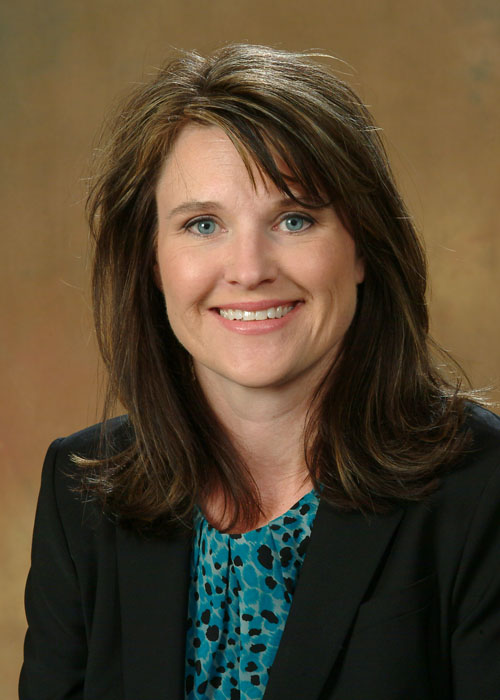

This fall, The University of Texas at Dallas expanded its academic offerings to include a Bachelor of Science in business analytics and two new minors — one in African American and African diaspora studies, the other in ethnic studies.
Analytics Program Builds Data-Driven Expertise
The University of Texas at Dallas launched a new undergraduate degree program in business analytics to equip students to help meet the growing demand by businesses increasingly driven by data.


Dr. Dawn Owens, clinical associate professor of information systems in the Naveen Jindal School of Management, said that companies disregard data at their own peril — ignoring it can put organizations at a competitive disadvantage and lead to other unwanted outcomes.
“The amount of data that is available to us on a daily basis is growing exponentially,” said Owens, who directs the new business analytics program as well as the information technology and systems undergraduate program. “There’s so much more data being collected about everything we do than ever before. Companies are so overwhelmed with data that there’s a huge demand for qualified people who can help them make sense of it.”
According to the U.S. Bureau of Labor Statistics, the job-growth rate for operations research analysts, which includes data and business analysts, is expected to be 25% from 2020 to 2030, much higher than the average for all occupations.
The new program focuses on STEM (science, technology, engineering and mathematics) while also teaching business fundamentals and quantitative tools. Students can select from five tracks: marketing analytics; operations and supply management; finance and risk analytics; information technology; and data science.
wens said both programs she oversees prepare students well for a career in information technology, but the business analytics program gives them a deeper dive into how to turn data into knowledge that helps business leaders improve their decision-making.
“The way we differentiate ourselves from similar programs at most universities is that the other schools require between 18 and 21 credit hours of technical or analytical coursework,” she said. “Our programs require 39 credit hours devoted to information technology or analytics coursework. That — along with our senior capstone project, required internship and our community-service requirement — gives students the knowledge and experience they need to succeed in this data-driven world.”
New Minors Strengthen Focus on Diversity
The University of Texas at Dallas has added two new undergraduate minors to its course offerings as part of its Strategic Plan to foster diversity, equity and inclusion.


Adding the two new minors was also among the recommendations of the UT Dallas Living Our Values Task Force and was supported by the Black student body and the Black Faculty and Staff Alliance.
The School of Arts and Humanities offers a minor in African American and African diaspora studies (AAADS) that entails 18 credit hours and includes courses on African-American history and African-American and African diaspora literatures.
Dr. Anne Gray Fischer, assistant professor of arts and humanities, helped structure the new minor and said the program will be beneficial in multiple ways.
“This minor is a first step to build an AAADS program that will bring UT Dallas in line with the work already established at UTD’s peer institutions,” she said. “In addition, this program sustains a schoolwide agenda to deepen our commitment to the study of AAADS, to support Black students and to build our faculty research in this area.”
The School of Arts, Technology, and Emerging Communication offers a new minor in ethnic studies, with the core class — introduction to ethnic studies — becoming available in the spring 2022 semester.
Dr. Olivia Banner, associate professor of arts, technology, and emerging communication, said the ethnic studies minor reflects and advances the University’s ideals of promoting democratic citizens able to appreciate and navigate differences and diversity.
“Ethnic studies strengthens students’ capacity to communicate and work in culturally diverse settings,” she said. “This new minor will ready students — and, more broadly, The University of Texas at Dallas — for the rapid cultural transformations altering our expectations for engaged citizenship and civic practices.”
Fischer and Banner both said the new minors will add to the University’s ability to deliver curriculum of interest to students, deepen its commitment to diversity and heighten the visibility of the University’s faculty research in these areas.








































